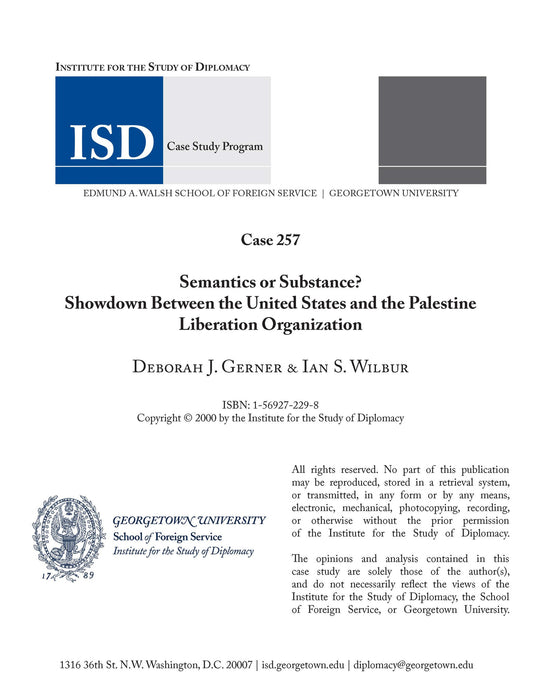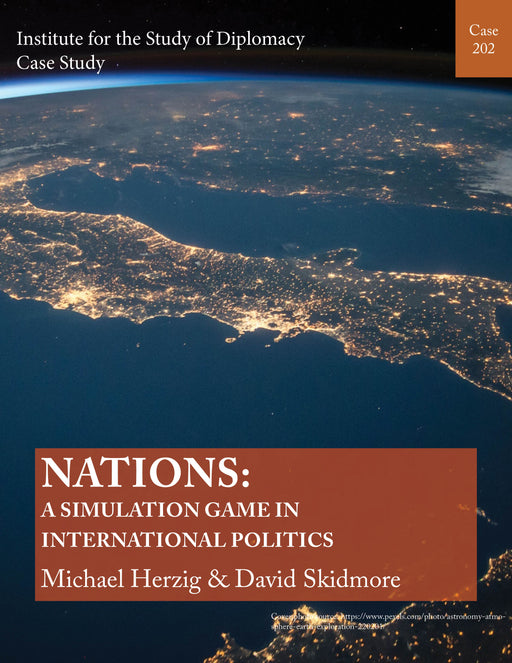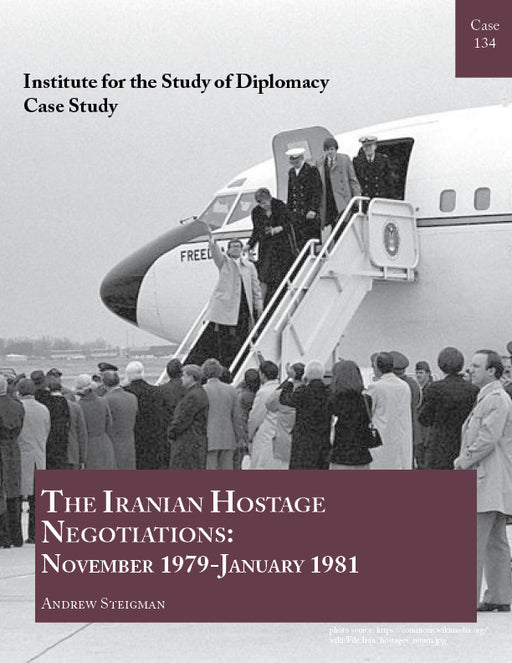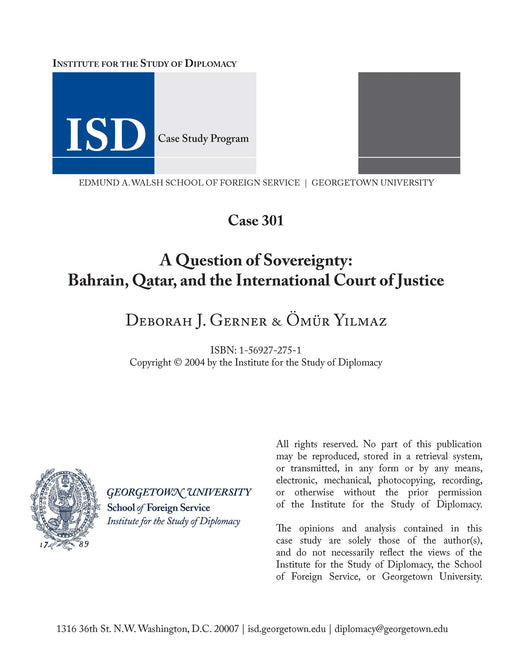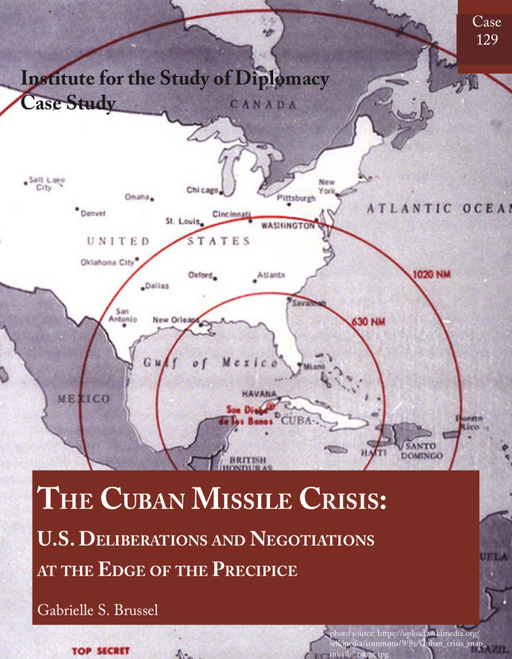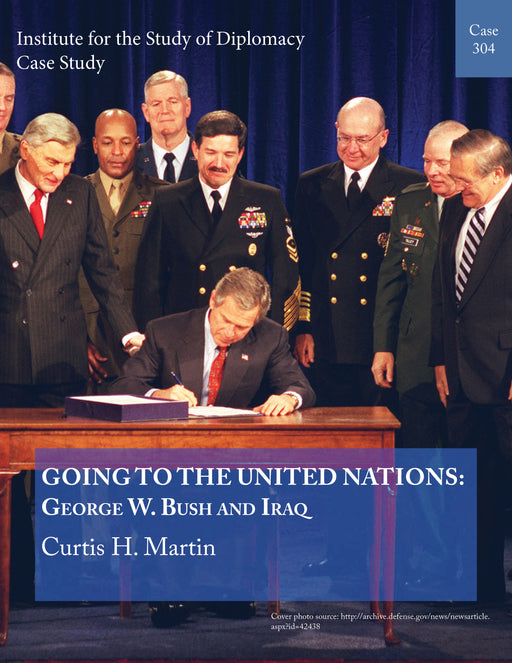Case 257 - Semantics or Substance? Showdown Between the United States and the Palestine Liberation Organization
Gerner, Deborah J. and Ian S. Wilbur
This case study examines a significant shift in official U.S. policy toward the Palestinians, a change that set the stage for the Madrid Conference, the Oslo Agreement, and subsequent Israeli-Palestinian negotiations in the 1990s and beyond. It describes the role of second-track and third-party diplomacy in facilitating a ‘breakthrough’ in a protracted and deadlocked conflict, and highlights the role of several key individuals involved in these specific events. Because it focuses on the infrequently examined Palestinian side of the equation, the study can be used to examine the difficulties facing a small non-state actor, like the Palestinian Liberation Organization, when dealing with a major regional or global power. This case could be used in classes dealing with U.S. foreign policy, international mediation, the Arab-Israeli conflict, or Middle East politics more generally.
Part A provides an historical review, and describes two separate but mutually reinforcing efforts undertaken by nontraditional actors pursuing the goal of gaining U.S. recognition of the PLO, including a small group of prominent Jewish-Americans, high-ranking PLO members, and the Swedish Foreign Office. It ends with PLO Chairman Yasser Arafat's speech to a special session of the United Nations held in Geneva, Switzerland, on December 13, 1988. Part B recounts the U.S. assessment that, despite this speech, Arafat had not yet fulfilled the prerequisites for a dialogue with the United Nations. Part C describes Arafat's final, successful attempt to “say the magic words.”

